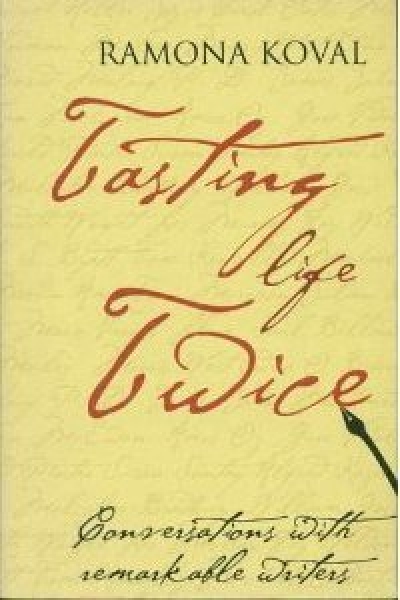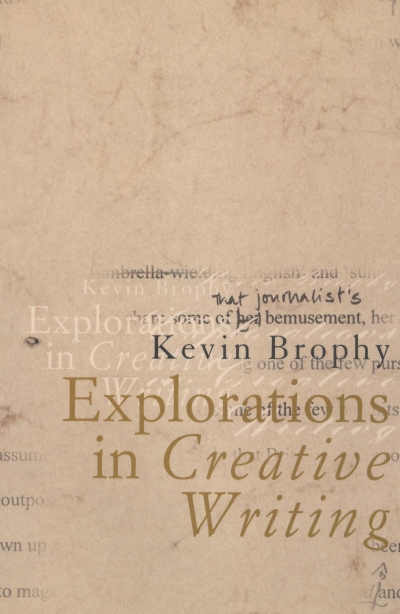Writing
A Memoir of My Former Self: A life in writing by Hilary Mantel, edited by Nicholas Pearson
by Frances Wilson •
I was always going to be a novelist. At the age of six, I wrote fiction about a Willie Wagtail, whose best friend was an ant (even then I had a good grasp on relationships). Several years later I had moved on to human protagonists, mainly young girls living at boarding school and excelling at ballet. I had no experience of either, but I had my dreams. As an adolescent I wrote stories about homelessness and drug addiction, once again from vicarious experience. Then I went to university to do a literature degree and realised that great Australian novelists were serious, learned and (then) mostly male. I still wanted to write my novel, but I decided to live a bit first.
... (read more)Tasting Life Twice: Conversations with remarkable writers by Ramona Koval
by Georgina Arnott •




